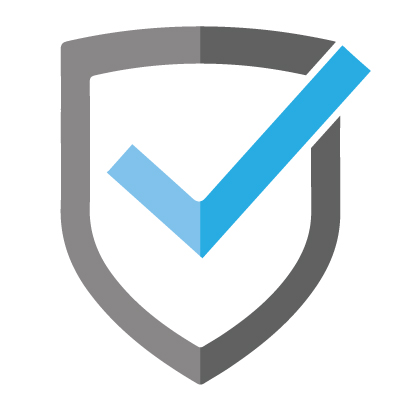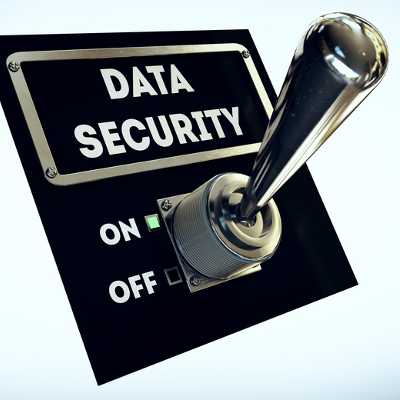
Security is always changing due to the volatility of online threats and vulnerabilities. Things have changed so much over the past decade that solutions that worked back then are so outdated that they put your business at risk today. This brings into question what you should expect in the years to come. What are some of the threats that your business can expect to face in the future?
For reference, this information is from a study performed by Cisco. The study references the findings of 3,600 data security professionals from organizations such as Talos and others from all over the world.
Malware Has Grown More Autonomous
Early types of malware relied heavily on the user actually clicking on a link or downloading an attachment to install itself on their computer. Nowadays, malware doesn’t take the risk that the victim will know better than to click on a link or download something bad. Instead, a ransomware might be more network-based, meaning that all it takes is a simple mistake to spread to your entire infrastructure. Cisco suspects that this type of threat could potentially grow so widespread that it could take over the Internet.
Ransomware Is About More Than Just Money
Ransomware used to be all about making money and disrupting operations. It was a way to make money to fund further hacking attacks against even more victims. People would pay up because they were too scared to imagine losing their data. Trends are showing that hackers are increasingly more interested not in the financial side of ransomware, but with the destruction of businesses. Ransomware is being actively used by criminals to put an end to any business unfortunate enough to be hit by it.
Threats Are Avoiding Detection More Effectively
Ultimately, any online threat’s level of danger is equivalent to how easy it is to hide. The easier it hides, the more dangerous it can be. Ransomware can now hide in encrypted traffic to make itself much harder to detect. It can even use cloud-based applications and services to implement a command and control attack, all hidden within normal traffic.
Watch Out for Internet of Things Devices
The Internet of Things–a large collection of connected devices that all perform various functions–has grown at a considerable rate. Since Internet of Things devices are difficult to patch properly, they can provide backdoor access to an infrastructure. Since many IoT endpoints aren’t secured properly, your company network could potentially be opened up to all kinds of threats.
Security changes every day, but the one thing that never changes is that COMPANYNAME can help your business secure its infrastructure. To learn more, reach out to us at PHONENUMBER.



